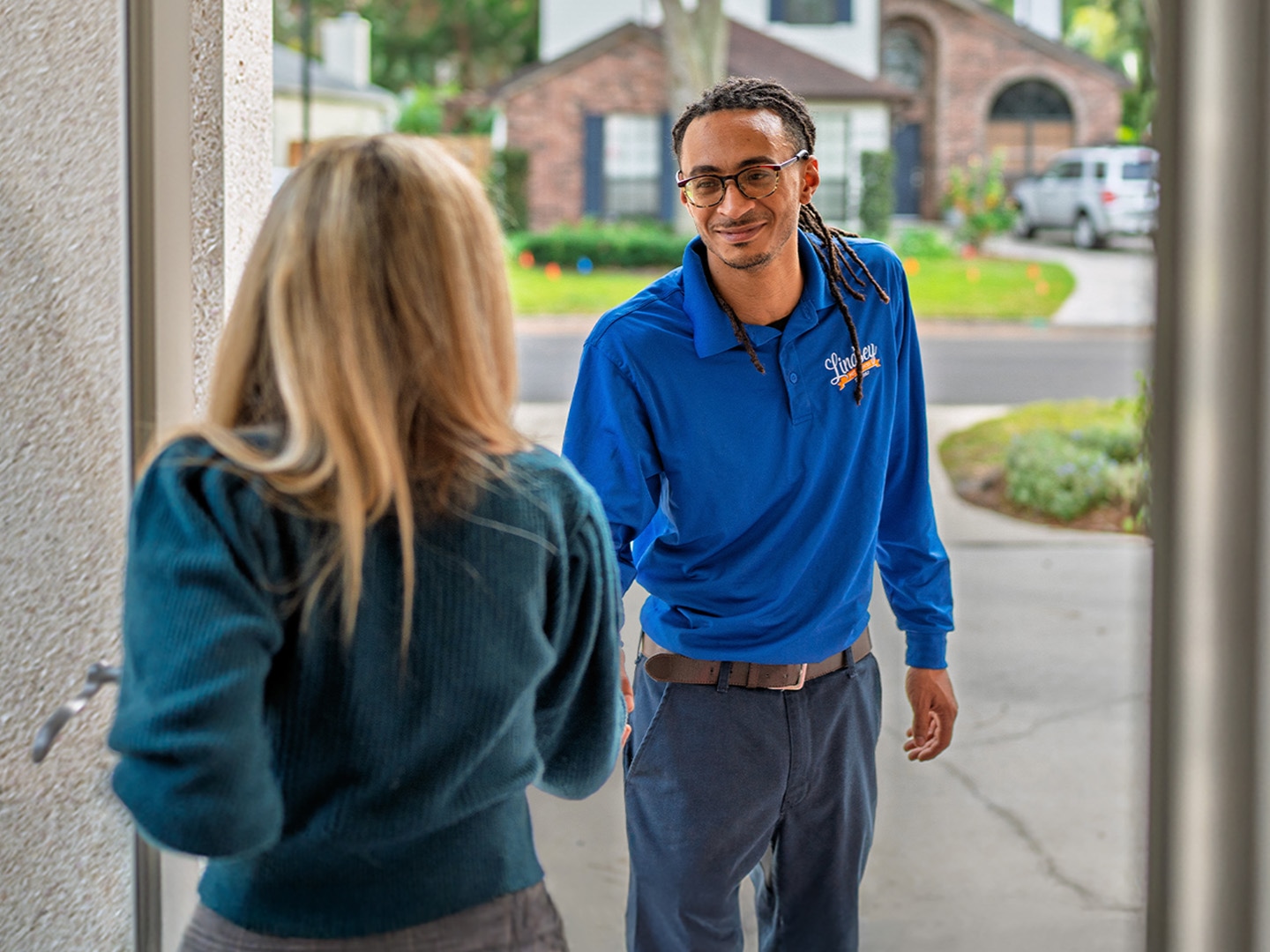
5-Minute Bed Bug Check: How to Inspect Your Hotel Room Fast
View Article

Curious about what’s crawling around your home or yard? Lindsey Pest Services offers practical tips, expert insights, and easy-to-follow advice to help you identify common pests, understand the risks, and prevent future infestations. Whether you're dealing with ants, roaches, spiders, or something sneakier, we’re here to help you stay a step ahead. Check out our articles—or give us a call to learn how we can protect your home.

View Article
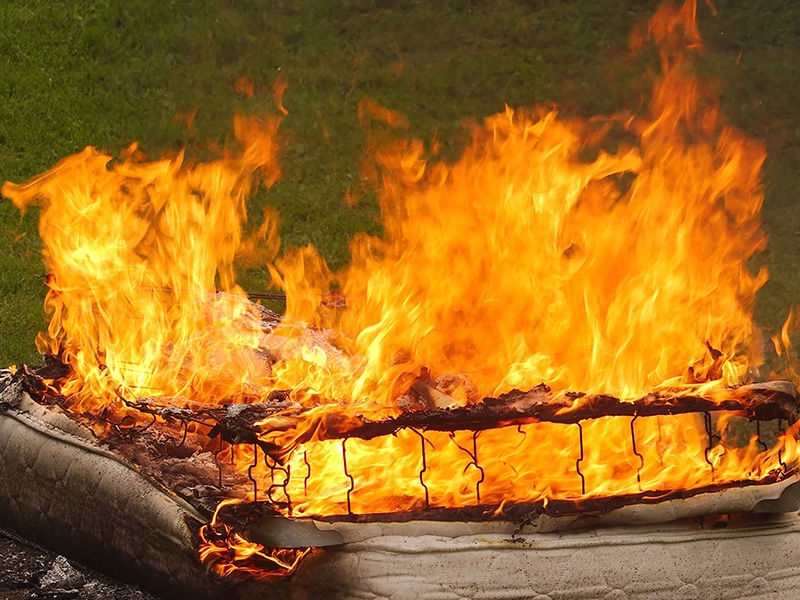
View Article
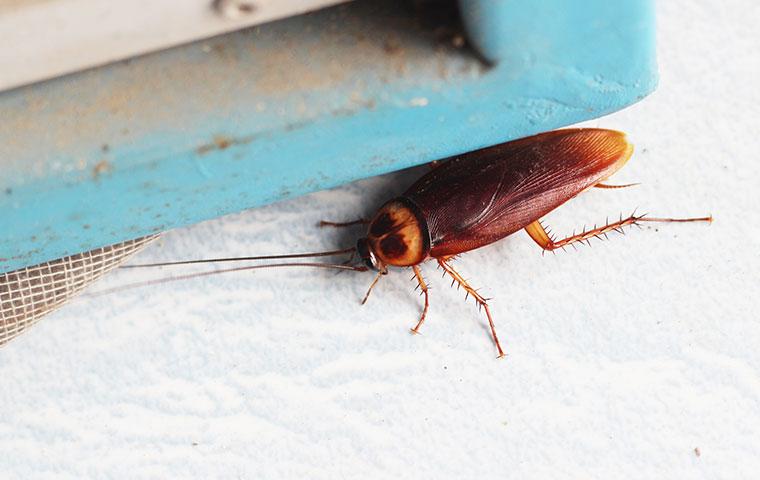
View Article
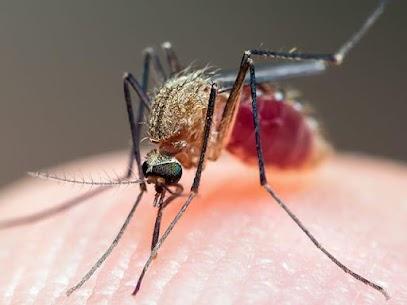
View Article
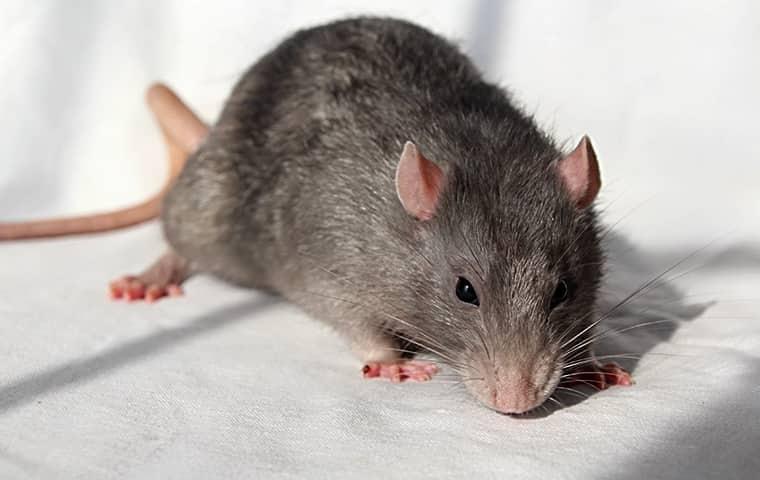
View Article
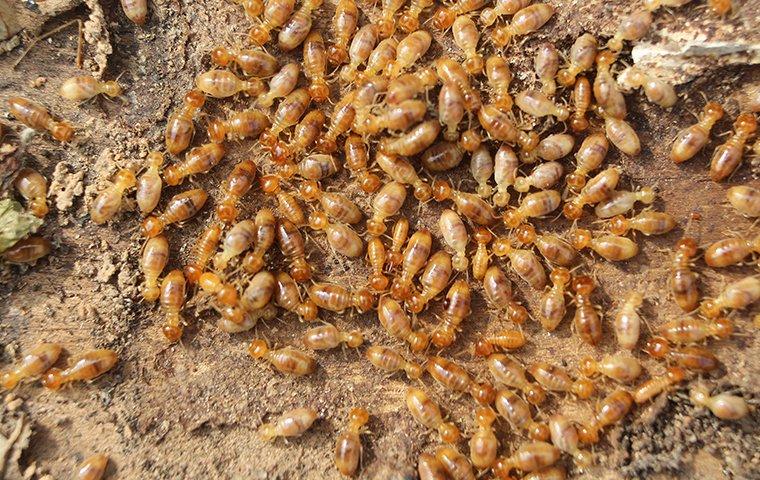
View Article
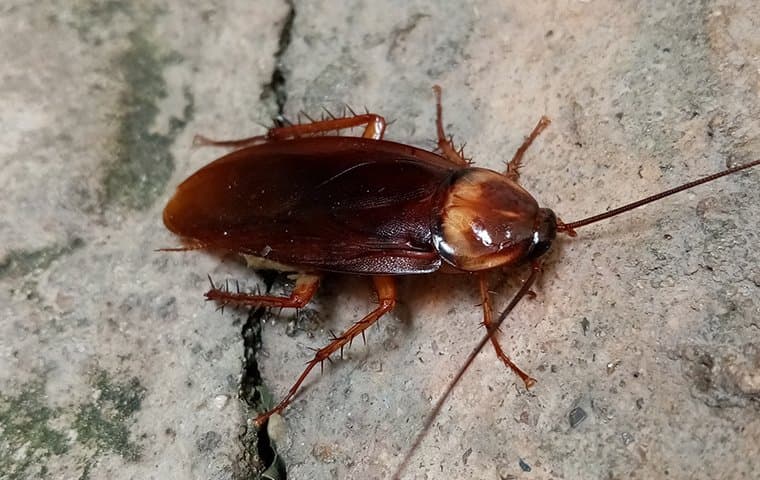
View Article
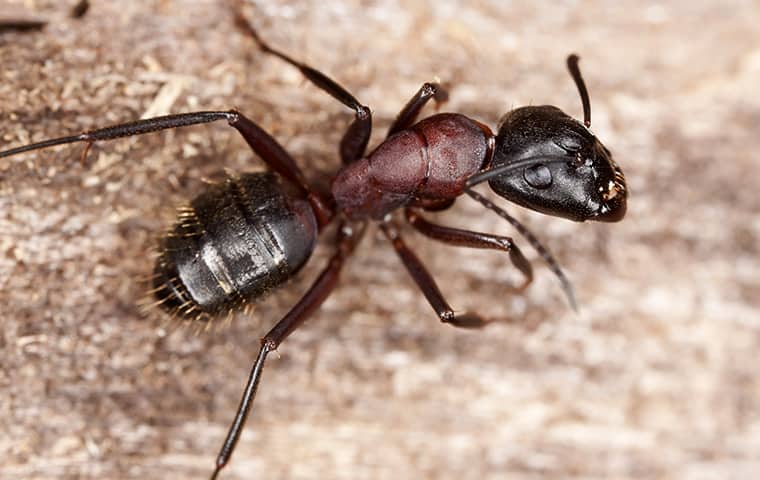
View Article
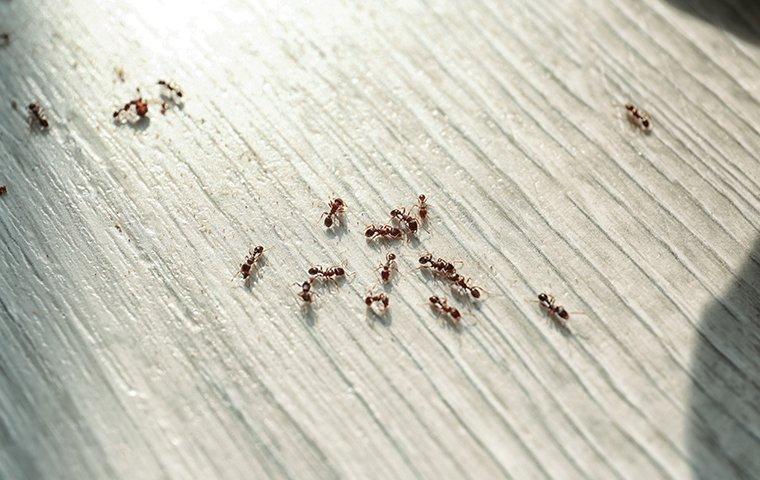
View Article
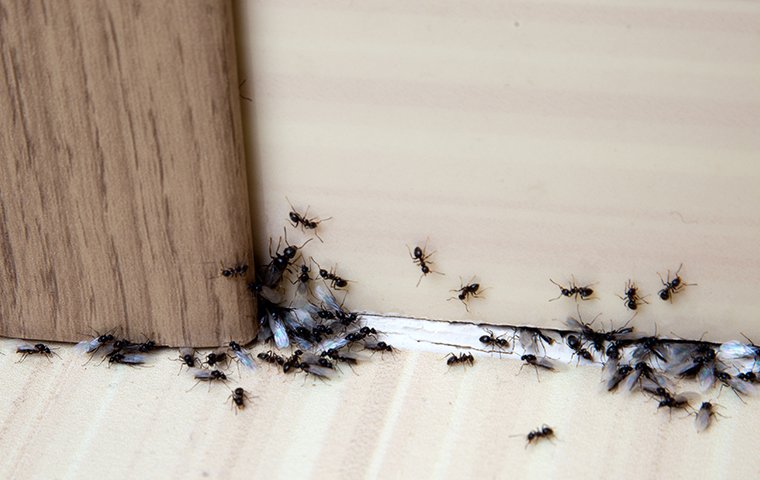
View Article
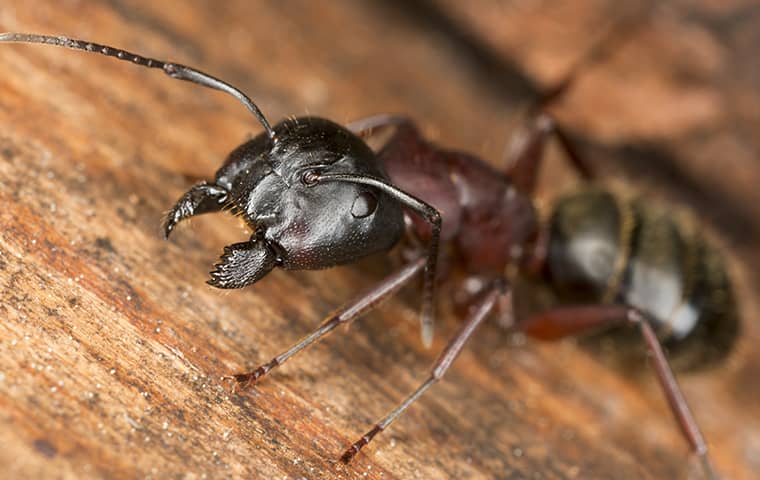
View Article
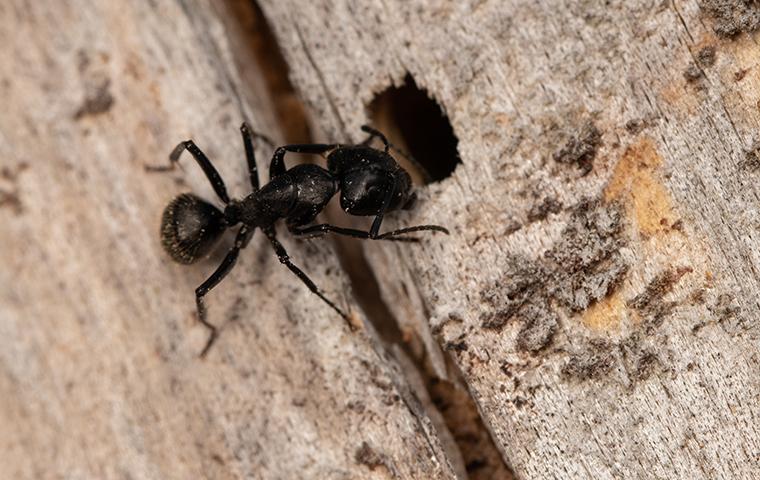
View Article
Complete the form below to get started with your free, no-obligation quote, and a Lindsey Pest representative will contact you shortly.
Same Day Service Available!
